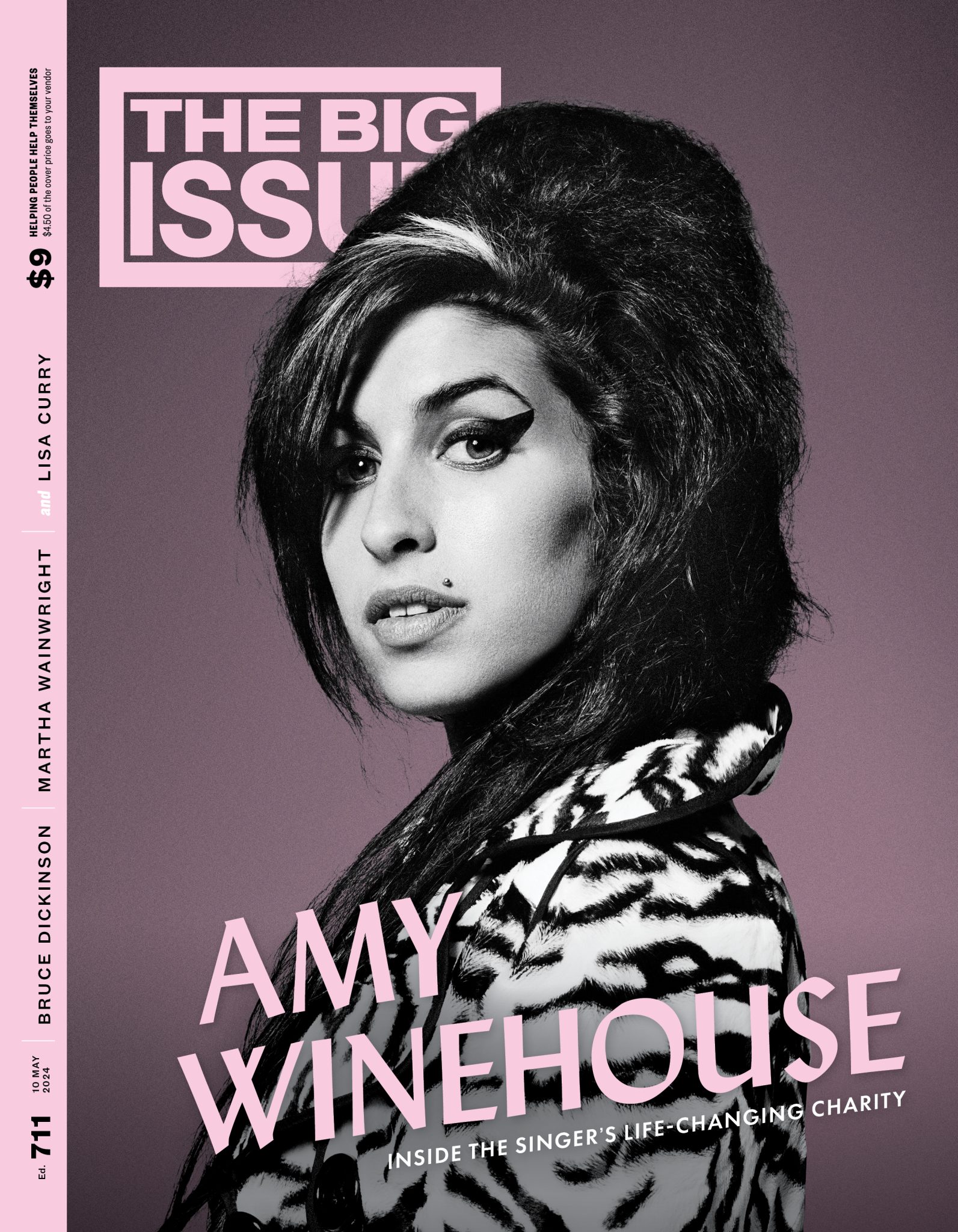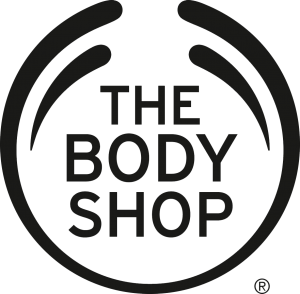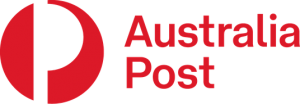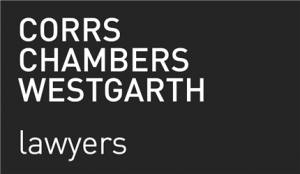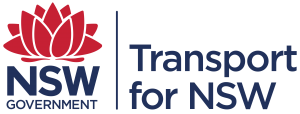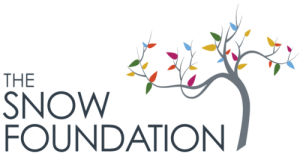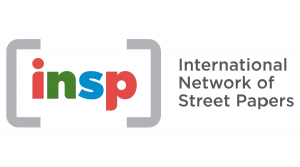We are an independent, not-for-profit organisation dedicated to supporting and creating work opportunities for people experiencing homelessness, marginalisation and disadvantage. Simply put, we help people help themselves.
We run social enterprises to create work opportunities for people who are unable to access mainstream work. These include The Big Issue magazine, the Women’s Workforce and The Big Issue Classroom, as well as the Community Street Soccer Program.
People come to The Big Issue from a wide range of circumstances, including homelessness, long-term unemployment, intellectual and physical disability, mental illness, drug and alcohol dependency and family breakdown. Our programs provide low-barrier opportunities for people to earn a meaningful income, build their confidence and connect with their community and support networks.
The Big Issue has launched the first-ever Social Impact report, new research that provides an insight into the positive outcomes that engaging with The Big Issue and its many programs creates for those who are directly involved, and those in their immediate and wider communities.
Check out the Social Impact report here.
The Big Issue Magazine
- More than 7,500 vendors have sold the magazine since 1996.
- 14 million magazines have been sold, generating $38 million in income for vendors.
- Circulation of the magazine has increased from 7000 in 1996 to approximately 14,000 every fortnight.
- Readership of the magazine has increased to 303,000
- Research shows The Big Issue magazine generates a positive social return of $5.50 for every $1 invested in the enterprise, due to a reduced demand for social, health and justice services among sellers.
- An independent 2016 report estimated the magazine saves the community approximately $25,000 per vendor, per year.
The Community Street Soccer Program
- More than 11,300 people have participated in the Community Street Soccer Program since 2007.
- According to an independent study every $1 invested in the Community Street Soccer Program generates a saving to the Australian community of $4.30 through a reduction in demand for social services including hospitals, welfare support, emergency services and correctional facilities. Based on the program’s operating costs, the study estimated that Street Soccer saves society $7 million per year.
- We proudly hosted the Melbourne 2008 Homeless World Cup, bringing together more than 50 national teams for a week of competition. We intend to explore bidding to host the Homeless World Cup again in 2026.
The Women’s Workforce
- 200 women have been employed in Melbourne, Sydney, Adelaide and Perth to pack subscriptions and complete social procurement work.
- More than 1,900 shifts have been held and 800,000 magazines have been packed for subscribers.
The Big Issue Classroom
- More than 200,000 students have taken part in workshops since the program launched in 2009.
- 53 guest speakers have been employed and have completed more than 8,000 speaking opportunities.
The idea for The Big Issue Australia was formed in 1993 when a group of prominent Australians came together to explore solutions to help address Australia’s increasing number of people experiencing homelessness. They proposed a model based on the UK’s successful Big Issue street magazine model. The first magazine was launched in Australia on the steps of Melbourne’s Flinders Street Station on June 16, 1996.
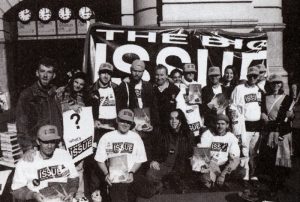
As the organisation and magazine grew, we began to create more social enterprises and programs that would positively impact more people experiencing homelessness, marginalisation and disadvantage. In 2007 we launched our Community Street Soccer Program as a way for people to connect and improve their health and wellbeing through the power of sport. In 2009 we began The Big Issue Classroom, teaching younger generations of the causes and impacts of homelessness and the power of community, and in 2010 we established our Women’s Workforce to give women experiencing homelessness and disadvantage the opportunity to work packing subscriptions in a safe and supportive environment.
Board
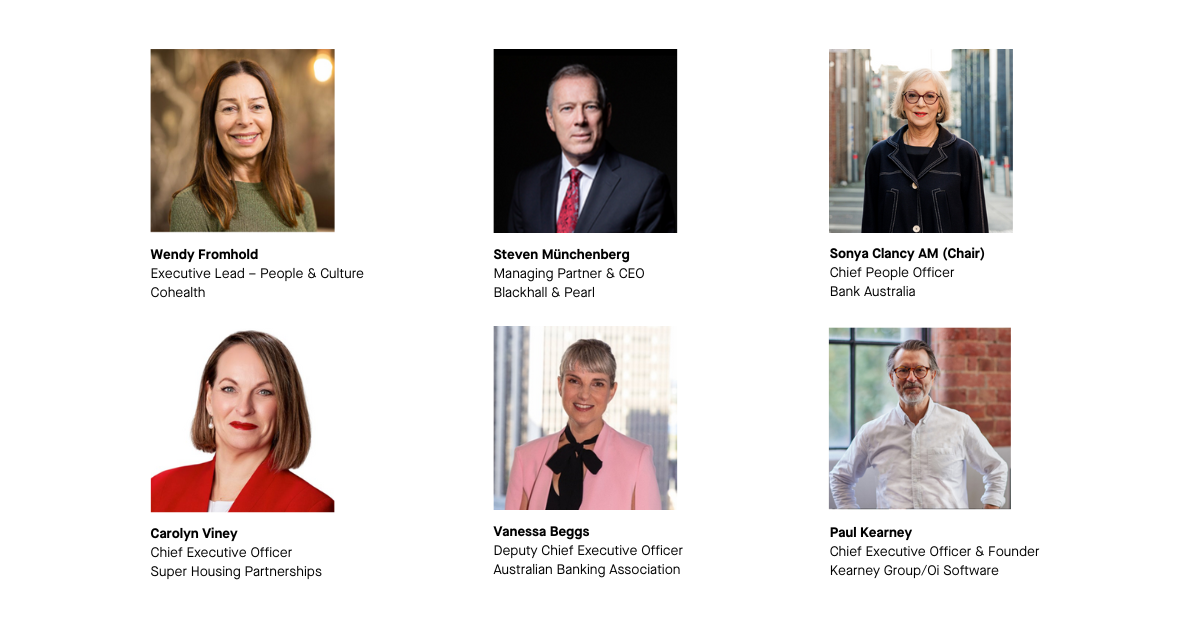
Wendy Fromhold
Executive Lead – People & Culture
Cohealth
Wendy has over 20 years of experience in not-for-profit organisations, with the majority of these organisations being focused on providing health and community support services for people and communities who are marginalised. Wendy has spent the past 10 years in senior management roles in regional and national organisations with roles covering: management of services, developing models of care, managing restructures and business and strategic management.
With a Bachelor of Applied Science and a Master of Business (Organisational Change and Consulting), Wendy is passionate about supporting strong leadership and good governance of not-for-profit organisations. She commenced her career as a health professional working in mental health and homelessness services and has since been passionate about building capabilities within organisations to maximise the value they deliver to communities.
Steven Münchenberg
Managing Partner & CEO
Black Hall & Pearl
With over 25 years of professional experience, Steven has held several significant roles in his career. He has served as the former Chief Executive of the Australian Bankers’ Association and as Deputy Chief Executive of the Business Council of Australia. Additionally, he played a pivotal role in overseeing government relations for a major bank during the global financial crisis, led a small not-for-profit organisation in the resources sector, and dedicated a decade to policy roles within the Federal Government.
In terms of his academic qualifications, Steven holds a Bachelor of Law (Hons) from the Australian National University and a Bachelor of Science (Hons) from the University of Adelaide. Currently, he holds the position of Managing Partner and CEO at a leading consultancy firm, where he continues to contribute his wealth of experience and expertise.
Sonya Clancy AM (Chair)
Chief People Officer
Bank Australia
Sonya possesses a wealth of experience in managing people and currently holds senior executive responsibility for the management of the People and Culture Division as Chief People Officer at Bank Australia. Previously, she served as the Executive General Manager, overseeing Human Resources, Marketing, and Communications at Equity Trustees. Before that, she held the role of General Manager of Human Resources at ANZ, where she also simultaneously served as the General Manager of Marketing and Group General Manager of Culture.
Notably, Sonya has been the Chairman of the Board for The Big Issue since 2004 and Homes for Homes since 2015 and chaired the Melbourne 2008 Homeless World Cup, which was hosted by The Big Issue.
Her contributions were recently acknowledged in the Queen’s Birthday honour roll, where she was named a Member of the Order of Australia (AM) in recognition of her significant service to social enterprise and the financial services sector.
Carolyn Viney
Chief Executive Officer
Super Housing Partnerships
With over 25 years of experience in construction, property development, and real estate investment, Carolyn Viney has a seasoned background. Prior to her current role, she served as the Chief Development Officer at Vicinity Centres and prior to that held various senior positions at Grocon over a 13-year span, including CEO, Deputy CEO, Head of Development after having commenced her career as a property lawyer at law firm Minter Ellison.
In addition to her corporate roles, Carolyn is an active contributor to various organisations. She serves as a Division Councillor at the Property Council of Australia’s Victoria Division, an Advisory Board Member to Women’s Property Initiatives, a not-for-profit provider of housing for women and children at risk of homelessness. She is also a non-executive director of the Walter + Eliza Hall Institute of Medical Research.
Vanessa Beggs
Deputy Chief Executive Officer
Australian Banking Association
Responsible for working with member banks and supporting the Chief Executive Officer in providing leadership, governance, and operational management. Driving the performance of the organisation and the achievement of the industry’s strategic objectives.
Vanessa brings over 25 years’ experience across the corporate, government and not-for-profit sectors. Vanessa previously held the position of the CEO for the YWCA NSW – leading the organisation from a federated model to a united national organisation, and has also held executive roles in strategy, change management, cultural transformation, and organisational development predominantly with the Commonwealth Bank of Australia.
Paul Kearney
Chief Executive Officer & Founder
Kearney Group/Oi Software
Paul Kearney is the founder and CEO of Kearney Group, a pioneer in integrated financial advice since 1986. He holds a Bachelor of Commerce from the University of Melbourne and is a Certified Financial Planner®, Certified Practicing Accountant, and a member of the Financial Advice Association Australia.
Under his leadership, Kearney Group has grown into a team of 50+ professionals known for innovation. They’ve introduced ESG-rated investments to the market and received national recognition, including the Association of Financial Advisers’ Australian Practice of the Year and BT Financials’ National Practice of the Year awards.
Furthermore, Paul provided seed funding for the Indigenous Knowledge Systems Lab at Deakin University’s NIKERI Institute in 2020 and serves as Director and Chair of AIME while collaborating with Hi Neighbor.
National Office
- Steven Persson, Chief Executive Officer
- Jon Whitehead, Chief Financial Officer
- Simone Busija, Chief Marketing Officer
- Jeremy Urquhart, National Operations Manager
- Amy Hetherington, Editor
Advisory Network
- Mike Baird AO, Chief Executive Officer, HammondCare
- Simon Banks, Managing Director, Hawker Britton
- Gillian Calvert AO, Deputy Chair, Life Without Barriers
- Terry Campbell AO, Emeritus Chair, Goldman Sachs Australia
- Sonya Clancy AM, Chief People Officer, Bank Australia
- Peter Danks, Managing Director, Events & Facilities Group
- Dunstan de Souza, Senior Partner, Colin Biggers & Paisley
- David Evans, former Non-Executive Director, Village Roadshow
- Annette Gallard, Group Chair, St George Community Housing
- Lisa George, Global Head, Macquarie Group Foundation
- Sally Herman, Non-Executive Director
- Gavin Jackman, Corporate Affairs Senior Executive
- Cheryl Kernot, Social Business Fellow, Centre for Social Impact, UNSW
- Anna Le Masurier, Regional Head Australia, Macquarie Group Foundation
- Andrew MacLeod, Chair, Griffin Law
- Geoff Lloyd, former Chief Executive Officer, MLC
- Simon McKeon AO, Chancellor, Monash University
- Kris Neill, Managing Director, Kris Neill Consulting
- Andrea Pearman, Chief Executive Officer, Inclusive Australia
- Andrew Penn, Chief Executive Officer, Telstra
- Nicholas Reece, Director Strategy, Policy & Projects, The University of Melbourne
- Julie Rynski, Executive, Business Banking, Regional & Agribusiness, NAB
- Ken Shipp, Director of Sport, SBS
- Vivienne Skinner, Principal, Metropolis
- Ian Smith AM, Managing Director, Bespoke Approach
- Natasha Stott Despoja AO, Chair, Our Watch
- Sheryl Weil, former Executive Director, Banking & Financial Services, Macquarie Group
- Shemara Wikramanayake, Chief Executive Officer, Macquarie Group
- Lisa Wilkinson AM, Journalist & Presenter
- Melanie Willis, Non-Executive Director, Challenger Group Limited
- Helen Willoughby, Consultant
Our Partners
Our social enterprises are generously supported by a range of corporate and community partners. These partnerships allow us to grow our social enterprises, ensuring their long-term success and sustainability. We would like to thank and acknowledge the following supporters:
Principal partners
Major partners
Media partners
- AdStream
- BeemIt
- C2
- Carat
- Chocolate Studios
- Realview
- Res Publica
- Roy Morgan
- Town Square
The Big Issue is a proud member of the International Network of Street Papers, which incorporates 110 street publications like The Big Issue in 35 countries.
Partnering with us
Partnering with The Big Issue is a unique way to make a direct impact on the lives of people experiencing homelessness, disadvantage and marginalisation. We offer our corporate partners a range of engaging and hands on experiences for employees to immerse in whilst supporting those most vulnerable in our community. We welcome the opportunity to have you involve your organisation in helping to empower our program participants.
Partnering with The Big Issue provides the following benefits:
- Branding and alignment with an innovative, progressive and caring national organisation that directly changes lives
- Opportunities to creatively engage your staff and customers in a real life social improvement program
- Strategic value and social and community impact – our programs deliver tangible social outcomes that positively impact individuals, families and communities, and are proven as an effective change agent locally and internationally.
FAQs
Q: How does The Big Issue model work?
A: The Big Issue editorial team make a quality magazine each fortnight, which is made available for vendors to buy at $4.50 per magazine. Vendors then sell the magazine to customers for $9 each, earning a meaningful income. There is no minimum number of magazines vendors have to buy, and any unsold magazines can be exchanged or refunded. Check out How it Works for more information.
Q: How can I purchase The Big Issue?
A: Vendors now have the option to accept digital payments via tap-and-go or mobile app Beem It, as well as cash. Though not all vendors have gone digital, chances are many vendors will gladly accept your card or phone payment. Our Ways to Pay page has more information on how you can pay.
Q: Where can I buy The Big Issue?
A: We are in all states and territories except for NT and TAS. Vendors sell predominately in major cities, but we also do have regional vendors. Check out our vendor page for more specific locations.
Q: What do vendors get out of it?
By selling The Big Issue, vendors earn a meaningful income and build strong connections with their community. Money earned from magazine sales goes straight into vendors’ pockets, earning $4.50 from each sale. But vendors also value the connections to their customers as they become regular fixtures of the community. Selling the magazine allows vendors to connect to others, develop their confidence and positively change their lives.
Q: Isn’t it better to just give vendors the money and not take the magazine?
A: Not taking the magazine when you’ve paid for it is not what The Big Issue is about. Vendors are proudly working, selling a product, so paying them for their wares helps to empower them as contributing members of society. Also, this is a fantastic magazine that a team of editors, writers and designers work really hard on every fortnight. So be sure to take your copy, it’s a great read.
“Sometimes people say, oh I’ll just give you a donation. A donation may help, but it’s not selling a mag. The magazine does not just happen. And we’re not all homeless. We are not out there begging. We’re working. I feel very strongly about this. I might take it too seriously, but we go out to work, we own the fact that we’re doing it.” – Melbourne vendor, David.
Q: What happens to the magazines vendors can’t sell? Are they at a financial disadvantage?
A: There is no minimum number of magazines a vendor needs to purchase. When a vendor joins The Big Issue, we provide a few free magazines to get them started. Unsold magazines can be returned for a refund or traded for the new edition if they prefer.
Q: What other programs do you have?
A: We have our Women’s Workforce, Community Street Soccer Program and Classroom workshops. All of these programs help people experiencing homelessness and disadvantage earn a meaningful income, connect with their communities and improve their wellbeing.
Work with us
